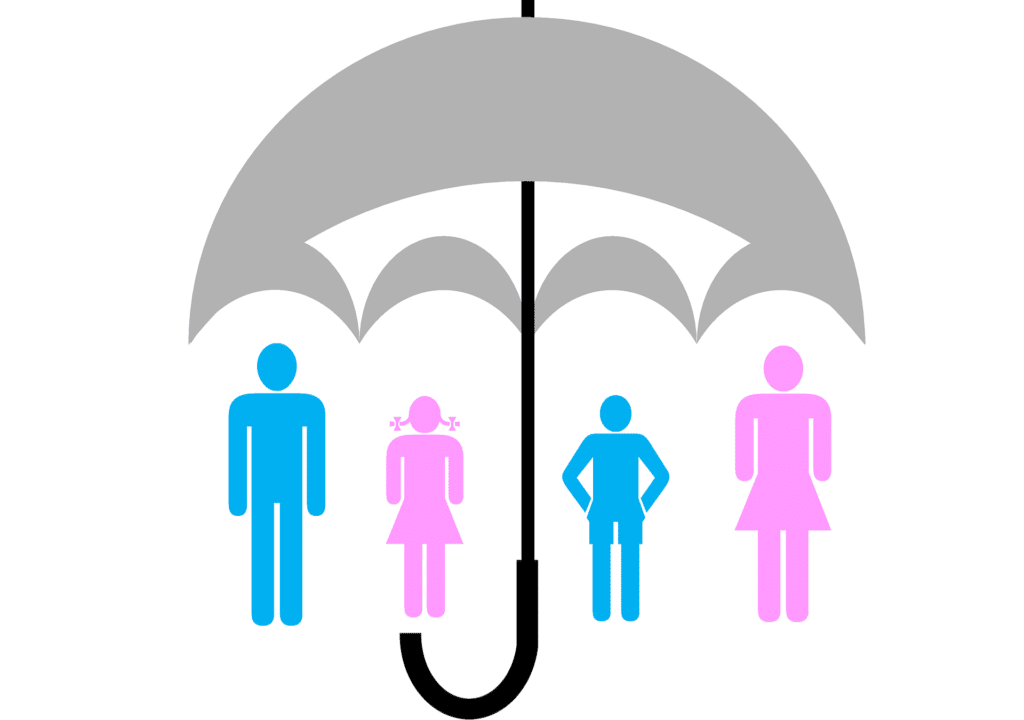Home insurance, also commonly called homeowner’s insurance (often abbreviated in the US as HOI), is a type of property insurance that covers a private residence.
It is an insurance policy that combines various personal insurance protections, which can include losses occurring to one’s home, its contents, loss of use of the home, or loss of other personal possessions within the dwelling. This type of coverage typically also provides liability coverage against accidents occurring on the property and/or involving occupants of the home.
A home insurance policy typically covers four types of perils: fire, smoke, theft, and personal liability. If any of these perils should occur, the insurer will cover the cost of repairing or replacing damaged property, up to the policy limit. Some policies also cover additional perils, such as wind damage, water damage, and even snow damage. It is important to read the policy carefully to see what is and is not covered.
There are many factors to consider when purchasing home insurance.
The most important factor is often how much coverage you need. Homeowners should insure their property for at least 80% of its replacement value in order to be fully protected in case of a total loss. Other important considerations include choosing a deductible amount that you are comfortable with and selecting optional coverages that make sense for your situation.
Once you have determined how much coverage you need and what optional coverages make sense for your situation, it is time to start shopping around for quotes from different insurers. Be sure to get quotes from at least three different companies so that you can compare rates and policy options side-by-side. When comparing quotes, be sure to pay attention not just to the premium price but also to things like customer service ratings and financial stability ratings so that you can choose an insurer who will be there for you when you need them most
Your home is likely your most valuable asset, so it’s important to have the right insurance coverage in case of fire, theft, or other damage.
Home insurance, also known as homeowner’s insurance, covers the structure of your home as well as your personal belongings inside.
Most home insurance policies cover the following:
-Damage caused by fire, storms, and lightning
-Water damage from plumbing problems or weather
-Theft
-Vandalism
-Damage from vehicles or aircraft
-Certain liabilities, such as someone being injured on your property
While home insurance doesn’t cover everything—floods, for example, are typically excluded—it is still an important safeguard to have in place.
There are a few things you’ll need to do when shopping for home insurance.
First, assess the value of your home and possessions. This will help you determine how much coverage you need. Next, research different insurers and compare their rates. Be sure to read the fine print so you understand what is and isn’t covered. Finally, choose a policy that fits both your needs and your budget.
Home insurance is an important part of being a homeowner. By taking the time to purchase a policy that’s right for you, you can protect your home and your belongings in case of an unexpected event.
Most home insurance policies have a deductible, which is the amount of money the policyholder must pay out-of-pocket before the insurer will pay a claim. For example, if a policy has a $500 deductible and a covered peril damages $1,500 worth of property, the insurer will pay $1,000 to repair or replace the damage, leaving the policyholder responsible for the remaining $500.
Home insurance is not required by law, but it is required by most mortgage lenders.
Lenders want to make sure that their investment is protected in case of fire, smoke, theft, or other damage. If the home is not insured and something happens, the lender may foreclose on the home to recoup the cost of damages.
There are many different types of home insurance policies available, so it is important to shop around and compare rates before buying a policy. Be sure to read the policy carefully to understand what is and is not covered. It is also a good idea to review your policy annually to make sure that it still meets your needs.




